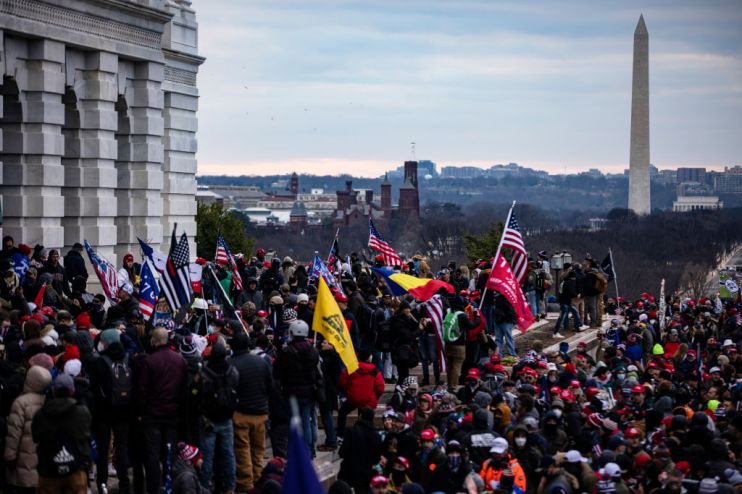Demand for political risk insurance growing amid ‘febrile’ geopolitical landscape

The “febrile” state of geopolitics has led to an increased interest in political risk insurance, experts have said.
International businesses, including mining, oil and gas, and renewables, which invest in projects abroad can purchase political risk insurance in a bid to secure schemes against changing foreign governments who may be more hostile to overseas investment.
And experts are warning that the last few years have seen a growing appetite for the indemnities, while 2024 is set to be a year of high-stakes elections around the world.
It comes as Indonesia, South Korea, India, South Africa, Mexico, the US and the UK are all set to hold elections within the next 12 months.
This marks a jump from economies worth just under $10 trillion, or 9.8 per cent of the world’s total GDP, going to the polls in 2023 to more than $40 trillion, or 40.6 per cent, in 2024. And the total number of global elections will rise from 56 in 2023 to 64 in 2024, or 14 per cent.
Jonathan Bint, from global insurer Chaucer, said: “Crucially these elections will affect key major economies around the world. 2024 could be a year of significant political change.”
He added: “We’ve seen how volatile markets become when candidates with unorthodox economic policies look likely to win. Political risk is an inherent feature of the democratic process.”
Increasing global instability post-2008 – and more recently with Brexit, the Covid-19 pandemic and the Russian invasion of Ukraine – have added to businesses’ sense of risk.
Rupert Morgan, executive director at Gallagher, told City A.M.: “Events, whether it was 9/11 or the Russian invasion of Ukraine certainly focus people’s minds on what’s available in the insurance markets.
“Certainly the general geopolitical landscape now is more febrile than it has been for a while.
“If I had to put a number on it, I would say in the last three or four years, we’ve probably seen maybe a 20 to 25 per cent increase in interest in the class… maybe closer to 20 per cent.”
Concerns can also vary depending on an incoming government’s policy platform or ideology, with demand for political risk coverage becoming an established in the modern era after the 1979 Iranian Revolution.
Neil Edwards, deputy head of political risks at Chaucer, said demand is primarily linked to the threat of “dispute or refusal of acceptance of the result” which can spark “large scale public unrest”.
He added: “An extreme far left or populist candidate can heighten demand for expropriation cover whereas if the international markets do not believe that the incoming president or prime minister has a credible economic plan this can boost demand for non-payment cover.”
